NIGHTINGALE NOTES AND THE OMAHA SYSTEM

Nightingale Notes has the standardized Omaha System taxonomy integrated into its charting. This taxonomy, recognized by the American Nurses Association, promotes consistent, high-quality clinical documentation and communication among public health professionals for improved patient outcomes and a better overall healthcare experience.

Nightingale Notes has the standardized Omaha System taxonomy integrated into charting. This taxonomy, recognized by the American Nurses Association, promotes consistent, high-quality clinical documentation and communication among public health professionals for improved patient outcomes and a better overall healthcare experience.
Empowering Local Health Departments
Learn how the combination of Nightingale Notes and the Omaha System can help improve population health.
A System That Speaks Your Language
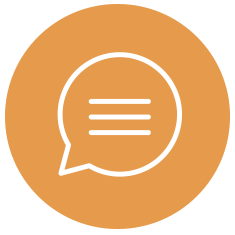
Standard Terminology
A comprehensive taxonomy that covers client care—from assessment through intervention and evaluation—to ensure thorough and holistic documentation of patient needs and progress.
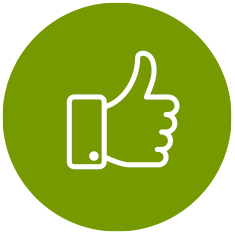
User-Friendly Hierarchy
Simplified data entry, including at the point of service, for accurate and streamlined documentation of client needs, interventions, and outcomes

Trusted Research
A grounding in rigorous research that provides public health professionals with a wealth of studies demonstrating its effectiveness.
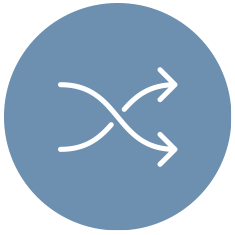
Decision Support
Data collection, aggregation, and analysis to support evidence-based practices, quality improvement initiatives, and better-informed policy decisions across diverse healthcare settings—including large and small community health organizations.
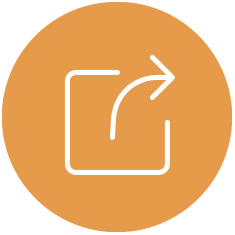
Seamless EHR Integration
Simplified data entry, including at the point of service, for accurate and streamlined documentation of client needs, interventions, and outcomes

Diverse User Base
A community spanning healthcare providers, educators, researchers, and software developers, fostering collaboration and a health information exchange for public health.

The American Nurses Association recognized the Omaha System as a standardized terminology to support nursing practice in 1992.

